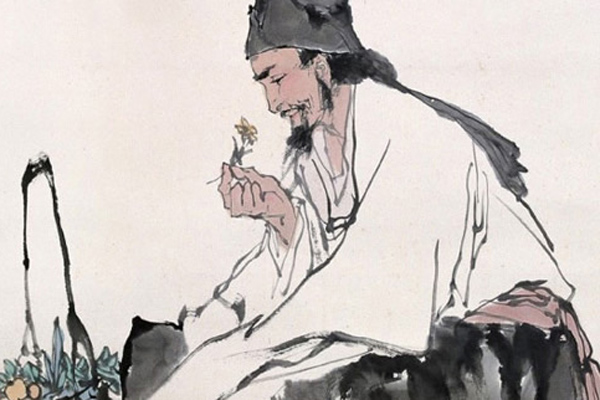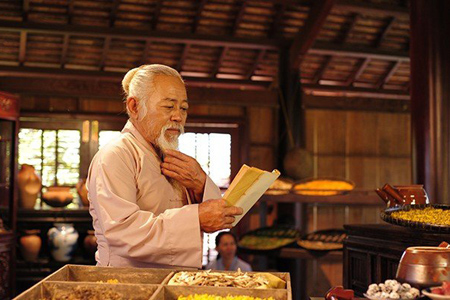In ancient Vietnam, there were no medical schools. Candidates who failed the triennal competitive examination studied medical books, learned how to feel the pulse and to give prescriptions.

A certain number of family remedies were used. Some practitioners did not even feel the pulse, contenting themselves with prescribing a concoction after asking the patient questions. For instance, cam thảo (Glycyrrhiza uralensis) was prescribed for cough; xa tiên (Plantago asiatica) was used in cases of urinary retention. Many thầy lang used only painkilling ingredients; they were called quacks (lang băm, lang vườn). A proverb holds them up to ridicule: sống chết mặc bay, tiền thầy bỏ túi (whether the patient is dead or alive, he doesn’t care; for him, only the fee counts).



